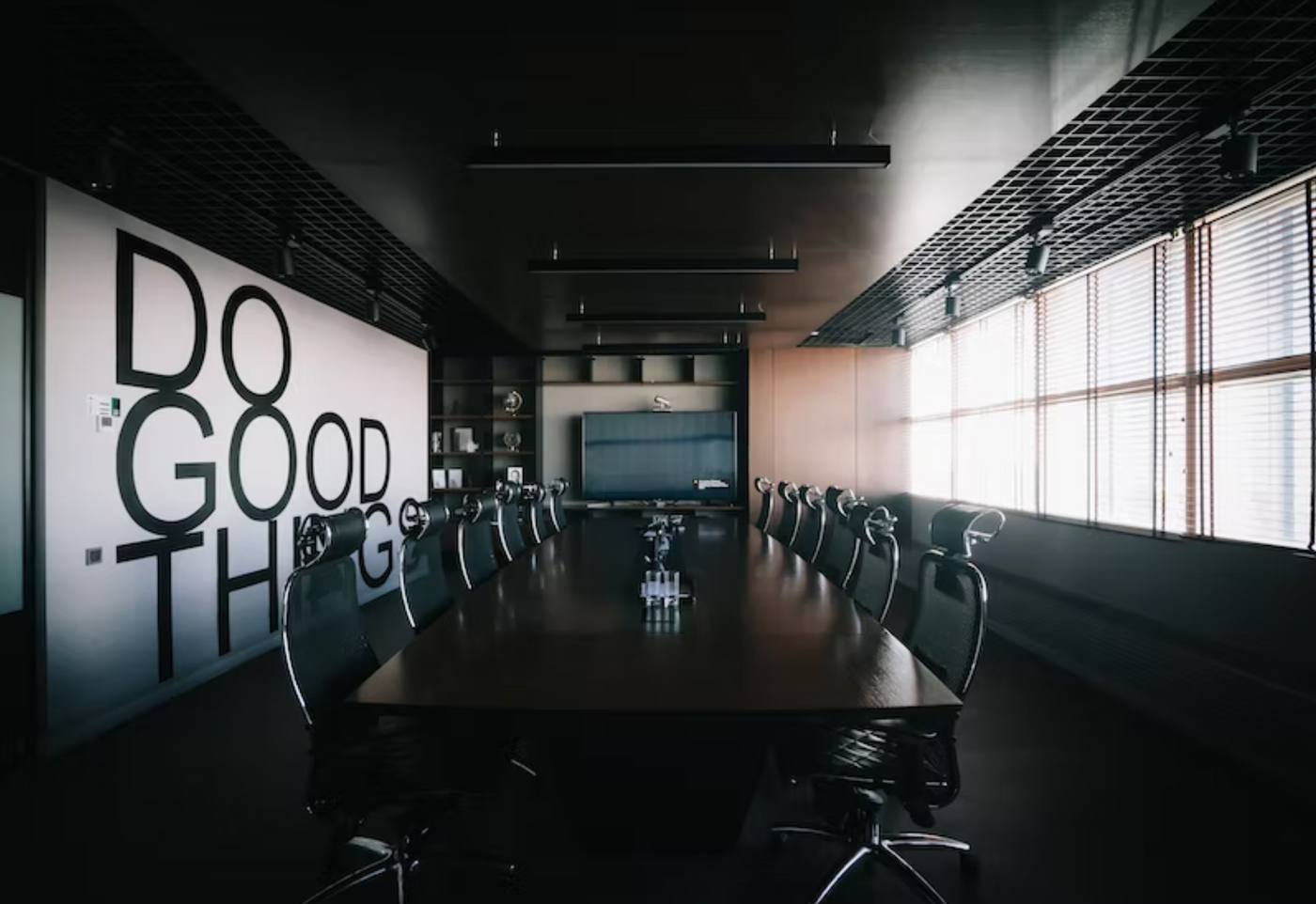
Key Learnings From DAOs

DAOs have successfully became one of my favourite spaces in crypto to spend time in recently. The ability for people from all over the world to come together to build toward a common goal is exciting, especially when that same group could never have formed under a traditional company due to various arbitrary barriers (e.g., location, age, part-time, non-traditional education/work experience).
This post summarizes some of the most important lessons I've learned from closely observing and working with DAOs. There's no perfect DAO structure and each one has its unique culture thus what works for one DAO won't always work for another. The following is based on my personal experience and perspective, and others may have a different one. The entire place is also continually iterating to find out what works and what doesn't.
To Start a DAO:
- Create a concise mission. This is crucial for keeping a varied and ever-changing group aligned and guiding decision-making throughout time. If someone approaches the DAO with an out-of-scope funding proposition, it should be an easy no. If the DAO's priorities are unclear, it will be far more difficult to keep the group focused on the purpose.
- Consider gradual decentralization. While many DAOs intend to fully decentralize operations and decision-making, throwing a community into a DAO framework without guidance or leadership will frequently result in ineffective coordination. The founding team nearly always has the most context and will ideally set the course for the DAO to progressively empower the larger community over time.
- Operations:
- Smaller working groups are more productive. Every DAO decision should not be voted on by all DAO members. Trying to keep up with everything is impossible, and it's not the best use of everyone's time, especially as the DAO grows. As a result, I prefer the delegate model used by DAOs like as Gitcoin and ENS, which allow token holders to delegate their votes to a person or group capable of devoting the time required to make educated judgments.
- Similarly, delegates are not required to be involved in all parts of DAO operations on a daily basis. Delegates won't be a specialist in every issue from finance to technical development to economic design and might not care about reviewing highly granular information. It is more efficient to form smaller specialized groups that can focus on a certain issue.
- Explore approaches to establish accountability. It is critical to take into account the level of involvement of each delegate and working group contributor. Gitcoin DAO, for example, is attempting to measure delegate engagement with Steward Health Cards, which track things like voting activity and forum participation.
- Discuss compensation structures. When members or delegates are asked to make large time commitments, there should be an open discussion about compensation structures. Not everyone can afford to work part-time on a DAO for free thus they should be compensated for their work. In a delegate paradigm, I believe that all major delegates should be compensated at the very least for the gas they spend voting and making on-chain proposals. This ensures that each delegate has an equal opportunity to participate. In an ideal world, the DAO would also try to standardize compensation such that it is neither significantly underpaying or overpaying.
- Set up the DAO for long-term sustainability. Consider diversifying the DAO treasury, whether through a public round or a private fund transfer into more stable assets like as USDC or DAI. Crypto is a volatile market, and just like a corporation, it's critical to ensure that the DAO can function in the long run. Be rigorous on what expenses are paid from the DAO especially if it's a regular charge and there is no obvious replenish of funds.
- Culture:
- Foster a culture of being comfortable saying no and having uncomfortable talks. DAO members and delegates are accountable for protecting the DAO's resources because there is no CEO who is the ultimate decision-maker and is able to rapidly say no to items that do not match with the firm aims (time, attention, treasury). When a DAO treasury is readily available for anybody to submit financing ideas, it can easily spiral out of control. It can be difficult to say no and have unpleasant talks when requesting resources for initiatives that aren't in the best interests of the DAO when you're potentially working with a lot of friends and people you respect.Help foster a culture early on where everyone knows decisions are being made in the best interest of the DAO and that a no is not personal.
- Create structures to allow members to take breaks. Cryptocurrency is available 24/7 and a DAO with async communication from people all over the world can be tiring and lead to burnout. Set up means for members to let others know they are taking time off. It would be excellent in a delegate model if there was liquid voting, so that delegates may delegate votes to others if they were not active for an extended period of time.
喜欢我的文章吗?
别忘了给点支持与赞赏,让我知道创作的路上有你陪伴。
发布评论…